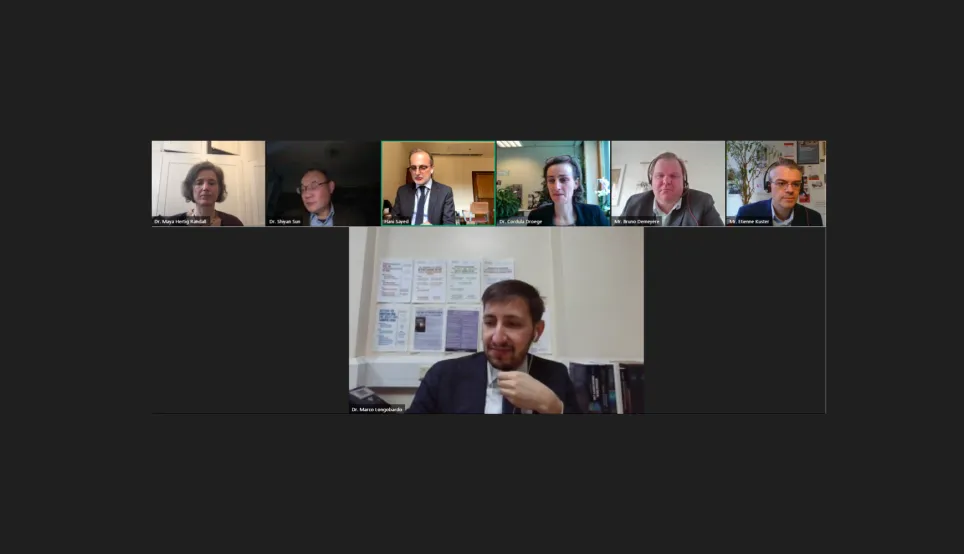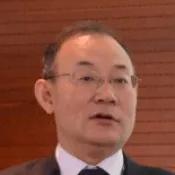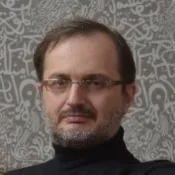
PAUL REUTER (1911-1990). © The Hague Academy of International Law. Courtesy of the Secretary General.
International humanitarian law (IHL) is undoubtedly shaped by States and other armed actors. At the same time, numerous scholars, researchers and professors contribute their ideas on what the law is or should be. What role does academia play in promoting and developing IHL, and how should States and other arms carriers listen to what it has to say?
The 2021 Paul Reuter Prize Award Ceremony was divided in two parts. First, a series of keynote addresses introduced the Prize, presented the 2021 Prize laureate, and highlighted key aspects of his award-winning book, as well as possible avenues for further research. Second, a panel discussed the expected impact of the laureate's work on IHL teaching, research and practice. The ceremony ended with sharing some information on the next Paul Reuter Prize in 2024.
Background:
The Paul Reuter Fund was created in 1983 thanks to a donation made to the International Committee of the Red Cross (ICRC) by the late Paul Reuter, Honorary Professor at the University of Paris and member of the Institut de droit international. The Fund's purpose is twofold: to contribute financially to an undertaking in the field of international humanitarian law (e.g. the publication of a book), and to finance the Paul Reuter Prize.
The Prize has been awarded eleven times so far, to the following authors: Dr. Mohammed El Kouhène (1985), Dr. Heather A. Wilson (1988), Dr. Edward K. Kwakwa and Mr. Alejandro Valencia Villa (1991), Prof. Eric David (1994), Prof. Geoffrey Best and Major General A.P.V. Rogers (1997), Dr. Ilias Bantekas (2000), Prof. Ruth Abril Stoffels (2003), Dr. Marten Zwanenburg (2006), Dr. Théo Boutruche (2009), Prof. Sandesh Siwakumaran (2013), and Julia Grignon and Lawrence Hill-Cawthorne as co-laureates (2018).







